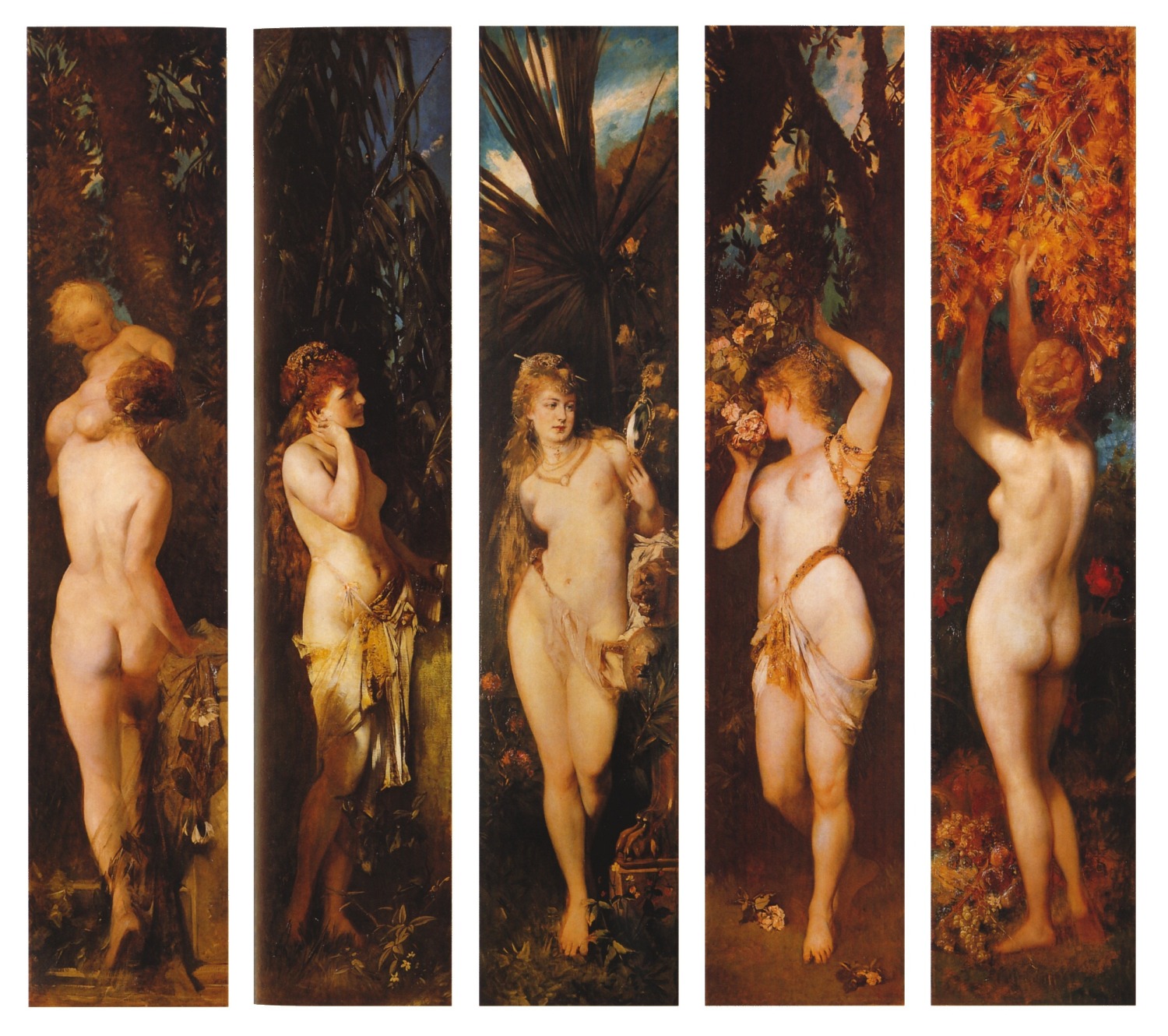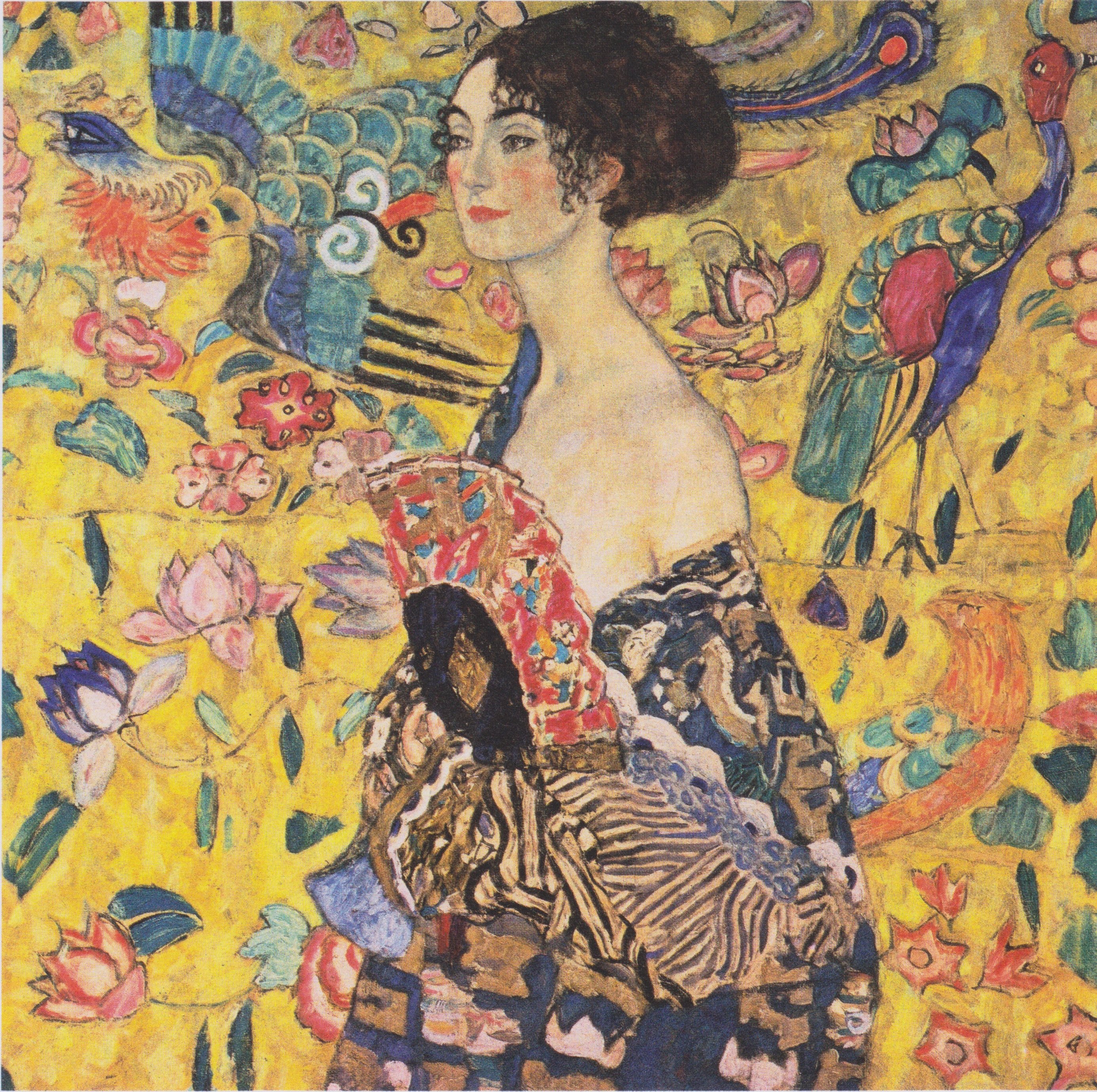
Wiki / Sinnfindung
Inhaltsverzeichnis: (verbergen)
 Philosoph in Meditation (Ausschnitt),1632 |
|
Sinn muss gefunden werden, |
Sinnhaftigkeit, Sinnfindung und Wertschöpfung werden fassbar, wenn sich der Mensch auf ein übergeordnetes Ganzes bezieht, beispielsweise auf eine menschliche Gemeinschaft.

Der König sprach:
Da tanzte die Frau den ersten Tanz des Lebens,
gefolgt von dem Tanz der unerlösten Sehnsucht.
sagte der König. Und die Frau tanze den Tanz der Liebe.
rief der König. Darauf tanzte die Frau den wilden Tanz der Lust,
der alle Fesseln sprengte und alle Grenzen überschritt.
Der König verhüllte sein Haupt:
Und die Sklavinnen brachten den schwarzen Schleier des Todes.
Aber die Tänzerin achtete seiner nicht und tanzte über ihn hinweg
den Tanz des Leids.
Und darauf tanzte sie den dunklen Tanz des Dämons, der rührte
alle Kräfte auf, die verborgen vor dem Leben ruhen.
Und als der Tanz beendet war, neigte sie sich vor dem König:
Und tanzte nun den stillen Tanz des Todes.
Wieder hoben die Sklavinnen den Todesschleier auf, um sie für
immer damit zu bedecken.
Doch der König küsste die Stirn der Tänzerin und sagte:
| Siehe auch: ► Freiheit und ► Die sieben Stufen der Wandlung – Gloria Karpinski |
Persönliche Bekenntnisse
Schlussfolgernde Frage
Schlussfolgerungen
Empfehlung
Einsichten

Neuere Einsicht von Professor Kruse
|
Gedicht
Filmzitat
Im Altgriechischen hat der Begriff ekstasis zwei Bedeutungen:
1) Aus sich herauszutreten
2) Verrücktheit. Liebe ist die Hingabe des begrenzten Selbst an das Unbegrenzte SELBST.
Viktor Frankl forderte neben der Tiefenpsychologie auch eine Höhenpsychologie.

Personal avowals
Recommendations
Appeal
Conclusion
Insights
See: Quote Investigator
|
|
Literary quotes
Song lines
Personal avowal / insight
Recommendations
Appeal
Insight
Pursuit of happiness is futile.
The phenomenon called "quantum moment" or "peak experience" is an epiphany, a life changing deep insight.
The US American transpersonal psychologist and happiness researcher Abraham Maslow (1908-1970) found four characteristics of peak experiences:
| ||||||||||||||||||||||||||||||||||||||||||||||||||||||||||||||||||||||||
|
An experience – that shifts one from the external and fleeting values to the internal and eternal values –
After having interviewed 235 people who "had found happiness and meaning" from age 59 to 105 Dr. John B. Izzo and his colleagues had found five adages reinforced by these elders.
| Source: ► Dr. John B. Izzo, US American public television host, author, The Five Secrets You Must Discover Before You Die, Berrett-Koehler Publishers, 1. January 2008 |
| See also: ► Wisdom |
|
| |||||||||||||||||||||||||||||||||
| Source: ► Audio interview with Daniel Pink danpink.com (*1964) US American motivational speaker, chief speech writer of US vice president Al Gore (1995-1997), visionary author, How Half Your Brain Can Save Your Job, presented by The Library of Economics and Liberty ECONTALK, host Russ Roberts, 1:07:13 duration, aired 11. June 2007 |
| See also: ► Thinking and ► Fairy tales and ► Empathy and ► Benignity and ► Play and ► Integration |
Links zum Thema Sinnfindung / Sense of meaning and purposeLiteratur
Literature (engl.)
Externe Weblinks
Persönlichkeiten Viktor Frankl, Logopäde
Weblinks zum Thema Sinn des Lebens – QuoraBeiträge verfasst von Elfriede Ammann, präsentiert auf der kalifornischen Frage-und-Antwort Webseite Quora DE
External web links (engl.)
Audio- und Videolinks
Audio and video links (engl.)
Success of his book The Purpose-Driven Life triggered his own crisis of purpose
|
Hawkins